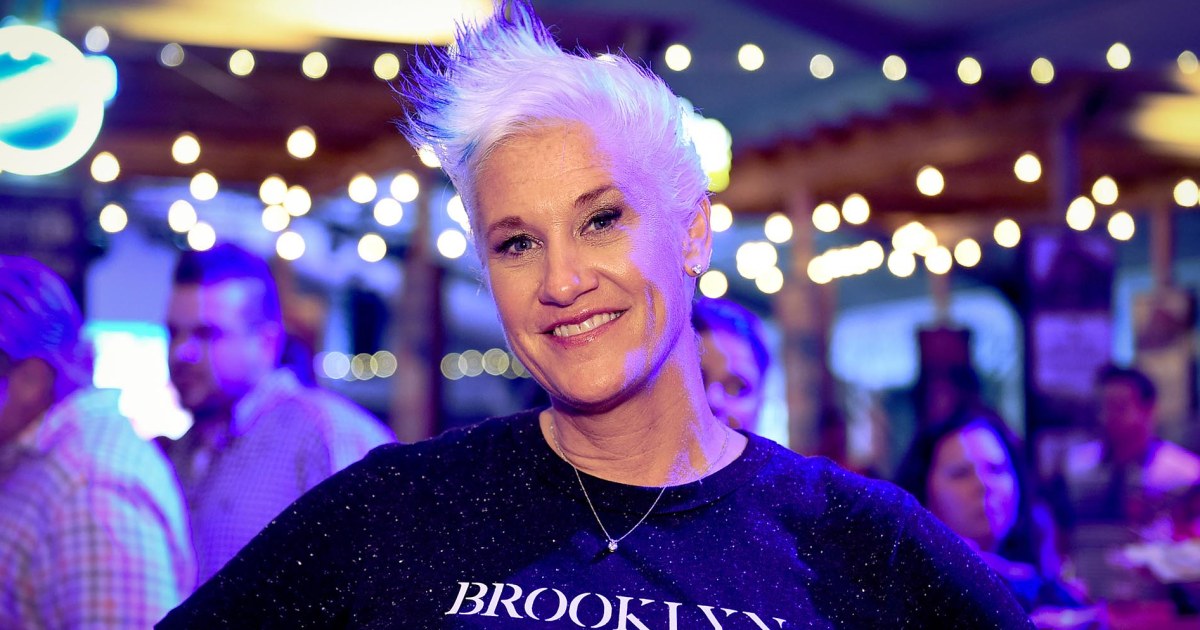By Charles Passy
The iconic canned fruits-and-vegetables brand has struggled to keep up with the changing grocery landscape, experts say
So much for your childhood memories of meals served with a side of canned peas and carrots, or desserts of canned peaches. These days, Americans appear to be increasingly insisting that fresh is best when it comes to all things produce.
At least that’s what some food-industry experts are saying in light of the news that Del Monte Foods, one of the biggest companies in canned fruits and vegetables, is declaring Chapter 11 bankruptcy and undergoing a restructuring with new ownership.
“With an improved capital structure, enhanced financial position and new ownership, we will be better positioned for long-term success,” said Del Monte Foods Chief Executive Greg Longstreet in a statement.
Del Monte Foods, a U.S. unit of Singapore-based Del Monte Pacific (SG:D03), is a separate entity from Fresh Del Monte Produce (FDP), which specializes in such items as fresh bananas and pineapples.
Longstreet attributed the company’s financial problems to “challenges intensified by a dynamic macroeconomic environment.” But experts say there’s no question that producers of canned produce have been grappling with a generational shift that favors fresh fruits and vegetables, as evidenced by the abundance of fresh items on display in supermarkets.
Indeed, Phil Lempert, an industry analyst who’s behind the Supermarket Guru website and platform, noted that a half-century ago, the typical grocery-store produce aisle might have 50 items. Today, it’s more like 400.
It all has to do with the foodie revolution – think the rise of the Food Network (WBD) or the growth of the gourmet-centric Whole Foods (AMZN) chain – that has put taste and texture front and center in consumer’s minds, experts say. While canned produce items may generally be cheaper than their fresh counterparts and have a longer shelf life, they just can’t compete on the culinary level.
“For me, everything has to be high-quality, fresh ingredients prepared correctly,” said Franklin Becker, a New York-based chef. He recalls growing up with packaged foods – “If you wanted green beans, you had to get them in a can” – but said that times have clearly changed and he’d only stick with canned fare if he “was trapped in nowhereland.”
‘Canned produce gets a bad rap.’ IBISWorld
But it’s not just New York chefs who feel this way; it’s pretty much the broader U.S. consumer landscape. Consider a recent IBISWorld market study that found annual revenue in the American canned fruit-and-vegetable processing industry declined by 0.4% on average over the past five years, bringing it to the current total of $51.3 billion. And it’s expected to continue declining over the next five years, the study said.
“Canned produce gets a bad rap,” said IBISWorld, pointing to a negative consumer perception driven by health and quality concerns.
The irony is that dietary and other experts will point to the fact that canned produce can often be just as healthy as the fresh variety, provided it’s not packaged with added salt or sugar. That’s because the produce is typically picked at peak freshness when it’s canned and can retain all the valuable nutrients.
Still, there’s no dissuading many consumers, said Steve Zagor, a veteran food-industry consultant who also teaches at Columbia University’s business school.
“Canning was the height of modern food preservation, and that height has grown stale,” Zagor noted.
Nevertheless, experts say that consumers often turn more to canned products during tough economic periods because of their relative affordability. Lempert said that could especially come into play if lower-income households lose government assistance for buying food under the federal budgetary legislation currently under review, and thus need to find ways to save.
At the same time, Lempert said producers of canned items are looking to up the taste factor – as in adding more spices and tweaking recipes – to appeal to contemporary consumers.
“We’re seeing a bunch of whole new flavors,” he said.
-Charles Passy
This content was created by MarketWatch, which is operated by Dow Jones & Co. MarketWatch is published independently from Dow Jones Newswires and The Wall Street Journal.
(END) Dow Jones Newswires
07-02-25 1449ET
Copyright (c) 2025 Dow Jones & Company, Inc.















